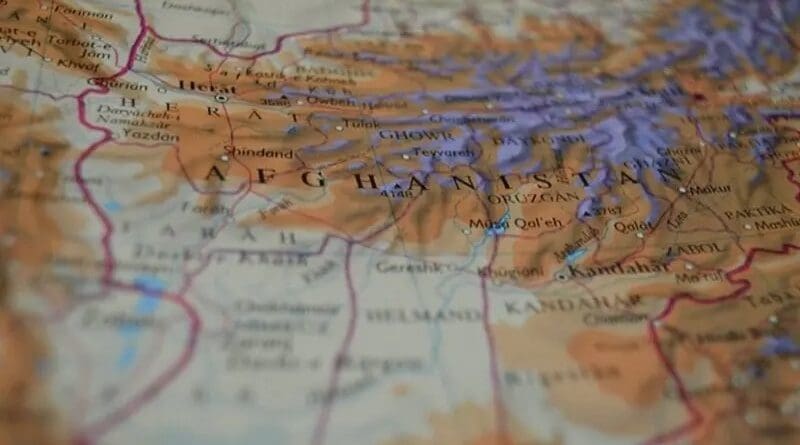The Afghan Peace Puzzle – OpEd
Mr. Khalilzad recent meetings with China, Russia and upcoming meetings with other regional actors spotlight the challenging path in the beneath of Afghan peace-talk process. The process success relies on the forging of intra-Afghan, intra-regional and trans-regional actors’ dialogues.
Afghanistan geopolitical location is a vital piece in global politics, as it was for emperors and kingdoms across history, meanwhile as a source of fragility and instability in the country. The ongoing situation in Afghanistan is not the result of 9/11, but densely interconnected with events and processes happened since the emergence of modern Afghanistan 1774 and declaration of independence in 1919 by King Amanullah.
The complex and unknown place even for its inhabitants leads international actors to continues mistakes. Knowing the country either because of Soviet invasion in 1979 or 9/11 attack will not provide sufficient information to lead in such a dynamic and uncertain area. The current political and security instability has deeper links to previous decades and the game developers, which are now playing it.
Moreover, the last century fragile administrations in the country and dynamic global politics arena broaden Afghanistan vulnerability and shaped new strategic political patterns regionally and beyond. Policies duality by international and regional actors and the mountains landscape created segmented communities in Afghanistan, which adds multiple complex layers into the governing equation of Afghan state.
Afghanistan peace-talk is a multi-dimensional process, the puzzle within a puzzle. Historically, local power brokers were making efforts to maintain their power domain and confront the central government. However, since the early twentieth-first century the equation pattern shifted from exclusive local power to the national influence domain, where their efforts take two models simultaneously first, to maintain their local power, and expand their unrestricted national influences. Thus, the peace process requires to redesign the power equations, which is one of the intricate parts of today reconciliation process internally and internationally.
Understanding the surrounding complexity and interest-oriented peace process lays roots to the current and historical partisanship and interventions of the U.S, Russia, China, Germany, England, Iran, Pakistan, India, France, UAE, Saudi Arabia, Egypt, Qatar, Turkey, and Turkmenistan foreign policies along the way. They all stepped into Afghanistan affairs through multiple channels, and they want to see themselves in the future of this crucial land. Is there any commonality view among all of these players? What are the consequences to the convergence of confrontation into the interest-oriented alliance? What are instants and strategic results? Also, the political will to the continuation of existing patterns or to introduce new routes? Finally, do these coalitions emerged to share security or efforts toward dividends off insecurity?
Answering these questions will enlighten to understand Afghanistan as the intersection of powers. Also, it will help us to foster a moderate, inclusive peace process to end conflicts and step to new routes. The success of the Afghan peace process is not only about the reconciliation of actors within the country, but also the strategic and policy-oriented settlements among external actors.
*Rafiuddin Najam, Fulbright Scholar, Studying Master of Public Policy at Oregon State University
Sources;
- Gregorian, V. (1969). The Emergence of Modern Afghanistan: Politics of Reforms and Modernization 1880-1946. Stanford University Press.
- Hopkirk, P. (1992). The Great Game; The Struggle for Empire in Central Asia. Kodansha USA.
- Lee, J. L. (2018). Afghanistan: A History From 1260 to the Present (First). Great Britain: Reaktion Books.
- Rubin, B. (1995). The Fragmentation of Afghanistan (Second Edition). United State of America: Yale University.

